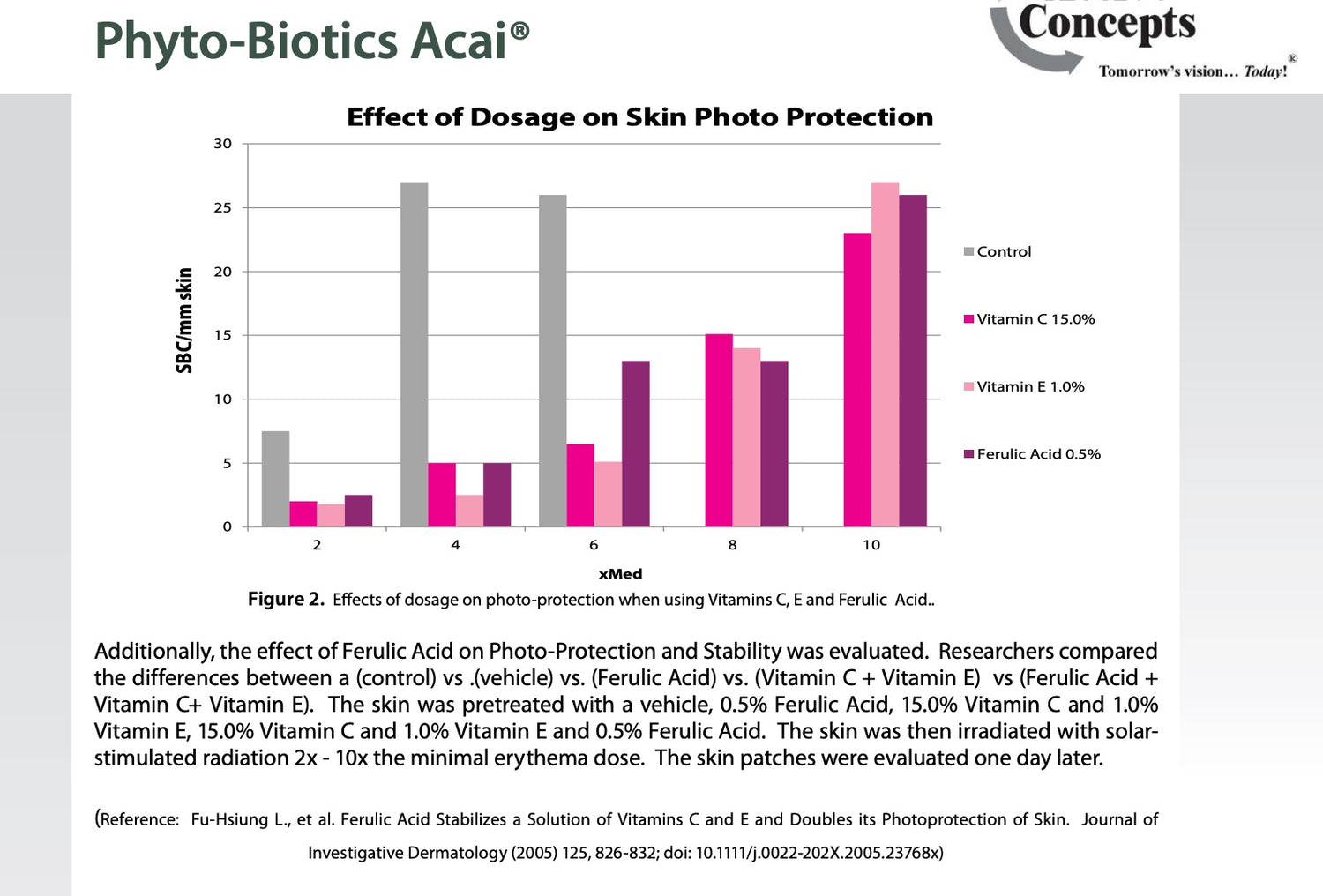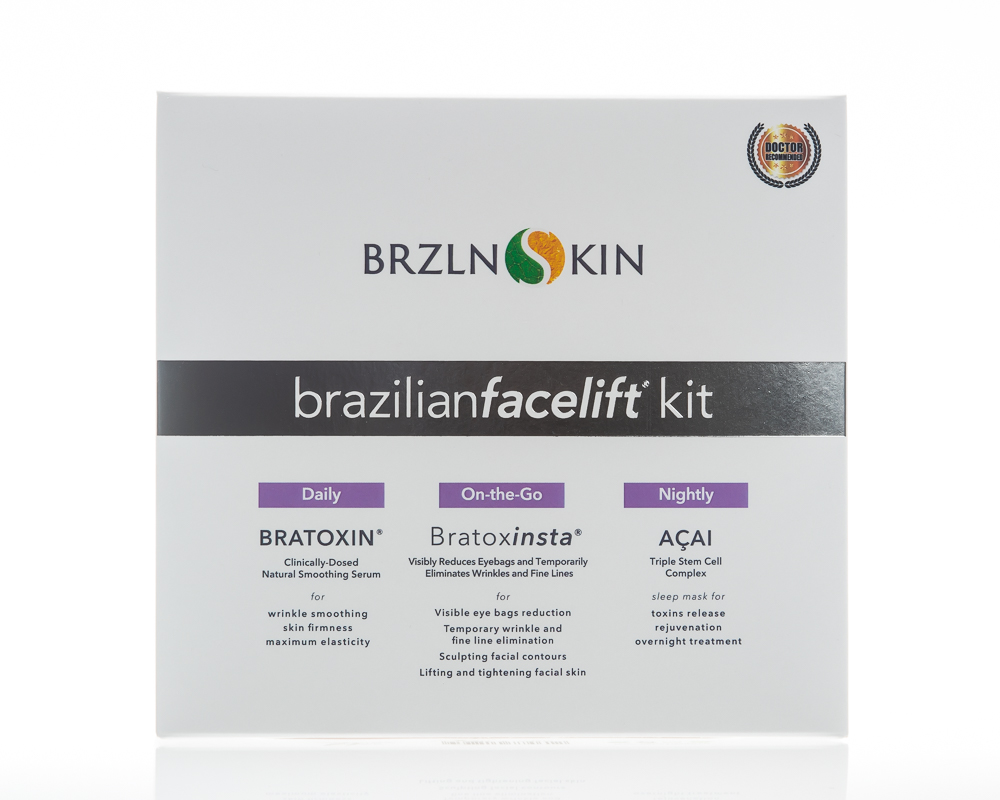Using face masks after facial cleaning or exfoliating is part of the daily skin care routine for many people, especially women. There is a wide variety of face masks that all promise glowing skin and anti-ageing, but not all of them deliver on that promise. In fact, many of them have chemicals that are not at all body safe, making them potential health risks. Consequently, you have to be vigilant when it comes to the ingredients in facial masks which are frequently exposed to your skin.
A great alternative to using face masks that are crammed with synthetic chemicals is using organic face masks. They use organic ingredients that you may find in your kitchen, garden or local food stores, such as the following:
- Honey
- Yoghurt
- Avocado
- Eggs
- Clay
- Essential oils
- Lemon Juice
- And many more.
One of the most effective ingredients incorporated in organic face masks is bentonite clay. Never heard of it? Well, it is grey or cream coloured clay that is derived from volcanic ash, which has been used historically in alternative medicine to treat digestive issues, dry skin, bug bites and hair moisturizing. It is considered to be a healing clay since it has a high concentration of minerals including potassium, silica, magnesium, sodium, calcium, and iron. There are many benefits of using bentonite for a face mask:
- It is effective in deep cleansing pores. When mixed with water, bentonite clay becomes absorbent, allowing to attracting dust, oil, grime, dead cells, germs, and other nasties. Consequently, it opens and clears pores, effectively cleansing any clogged pores and preventing breakouts.
- It draws out toxins from your face. When you apply a bentonite containing face mask, the negatively charged ions in it attract the positively charged ions in toxins and impurities that may be on your skin. When you wash off the mask, the toxins are subsequently removed, leaving your face healthy.
- If you have oily skin, you might want to consider using bentonite in your face mask. This is because it draws out any excess oils and old sebum from within your skin and its surface. The end result of consistent use is brighter looking skin, as opposed to the greasy skin you might have endured.
- It is great for itchy or irritated skin. Itchy or irritated skin is a quite common predicament that usually results from issues such as sunburn and allergies. You can use an organic face mask containing bentonite to soothe your irritation, as well as heal any scarring that may have resulted from itching your face.
- Bentonite clay acts as a natural skin exfoliator. Exfoliation is an important part of skin routine that scrubs off any unwanted tissues that a simple face wash misses. The abrasive properties in bentonite clay help in the removal of dead and dying cells from the skin’s top layer, effectively clearing it up.
- It regenerates damaged skin. Heal and regenerate any damaged skin tissues on your face using bentonite clay in your organic face mask. In the long run, you will end with toned and tightened skin that is free from any wrinkles and firm lines, giving you a youthful look.
- Use bentonite clay in your face mask to even your skin tone. By clearing up your pores, reducing the appearance of scars and exfoliating your skin, bentonite clay significantly reduces skin discolouration, which usually results in an uneven skin tone.
How To Make an Organic Face Mask That Incorporates Bentonite Clay at Home
To make a DIY bentonite face mask, you will need:
- 1 teaspoon bentonite clay
- 1 teaspoon of apple cider vinegar or water
- Wooden or ceramic bowl for mixing
- Wooden spatula to blend and apply the mask (optional)
An important reminder is to avoid using a metallic spoon/spatula. This is because metals tend to leach from the spoon into the clay, greatly reducing its effectiveness.
Directions
- Mix the bentonite clay and apple cider vinegar (ACV) or water in equal parts (1 teaspoon each)
- Mix it well until you have a smooth mud-like consistency with no lumps.
- Apply the mask evenly all over your face. You could also spread it to your neck and chest if you want.
- Leave it on for about 25-30 minutes, or until you feel your face tightening as it dries.
- Rinse off the mask using cold water. Be careful to scrub it off gently with your fingers.
- Pat your face dry and apply some moisturizer.
If you have sensitive skin, avoid using ACV, since it might be too harsh. You should also avoid leaving the mask on for too long (30 minutes maximum) to avoid face dryness.
There are many other variations of DIY face masks using bentonite clay. For example;
- For acne treatment, mix 1 tablespoon bentonite clay, 3 teaspoons rose water and 1 teaspoon aloe vera gel. Spread it evenly and leave it on for about 10 minutes.
- To treat oily skin, mix 1 teaspoon bentonite clay, 2 teaspoon water and 1 drop of tea tree essential oil, leaving the mask on for 5 minutes.
Incorporating bentonite in your face mask, or generally using organic face masks in your skin care routine is generally more beneficial. This is due to the reduced risk of build-up of synthetic chemicals in your body, which is only detrimental to your health. For the best results, always use organic face masks infused with bentonite.
See more: Face Masks using Strawberry fruit




